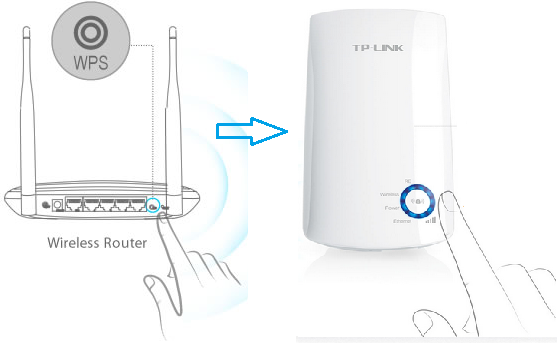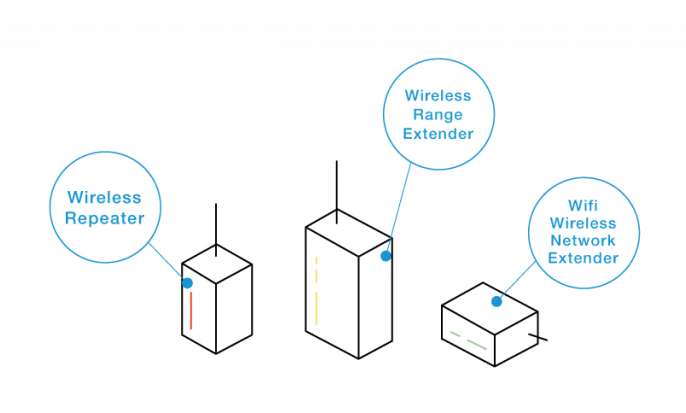What Do Fridge Filters Do To The Water?
Fridge filters are an important part of the modern refrigerator. They are used to filter out impurities and contaminants from the water supply so that it is safe to drink and use for other purposes. These filters reduce the amount of chlorine, sediment, rust, and other particles that can be found in water. They also help to reduce the taste and smell of chlorine and other chemicals that can be found in tap water. By using a fridge filter, you can be sure that the water you are drinking is clean and safe.
Overview of Fridge Filters
Fridge filters are an important component of a modern refrigerator, designed to keep your water and ice tasting great and free from contaminants. But what do they do, exactly? In this blog post, we’ll explore the various types of filters, discuss why they are important, and explain how they work to purify your water. We’ll also provide tips on how to properly maintain your fridge filters so you can keep your water as safe and clean as possible. You’ll be able to make an informed decision about which type of filter is best for you and your family. So, what do fridge filters do? Read on to learn more!
How Do Fridge Filters Work?
Fridge filters are an essential part of keeping your drinking water clean. But how exactly do they work? Fridge filters work in two ways: mechanical filtration and chemical filtration. Mechanical filtration is when the filter physically blocks large particles such as sediment, dirt, and rust from entering the water. Chemical filtration is when the filter removes contaminants such as chlorine, lead, and other chemicals from the water.
The filter works by trapping contaminants in a small chamber, while the clean water passes through, ensuring that the water is filtered without any particles passing through. The filter also helps to reduce bad tastes and odors, leaving your water with a much more pleasant taste.
To ensure that your filter is working correctly, it is important to replace it regularly. Depending on the type of filter you have, you should replace it every 6 to 12 months. Replacing the filter regularly will help to keep your drinking water safe and free from unwanted contaminants.
Benefits of Using Fridge Filters
Fridge filters are an essential part of any refrigerator, and they can help to improve the quality of the water that is supplied to your fridge. By removing contaminants from the water, fridge filters help to make sure that the water that enters your fridge is free of any impurities. This helps to keep your fridge clean and free from any bacteria or other contaminants that can be harmful to your health. Additionally, fridge filters also help to make sure that the water is free of any unwanted tastes or odors.
The use of fridge filters can also help to reduce the number of water-related repair and maintenance costs associated with your fridge. By removing contaminants, these filters can help to extend the life of your fridge by preventing the build-up of bacteria, mold, and other contaminants in the water supply. In addition to this, filters can also help to reduce the amount of energy needed to operate your fridge, as the filters can help to reduce the amount of energy used to heat and cool the water.
Finally, fridge filters can help to reduce your environmental footprint as well. By removing contaminants from the water supply, these filters can help to reduce the amount of pollutants that enter the environment. This can help to reduce the amount of energy and resources used to produce and transport the water that is used in your fridge.
Overall, fridge filters are a great way to ensure that the water in your fridge is clean and free of contaminants. By using these filters, you can help to protect your health, reduce the number of repair and maintenance costs associated with your fridge, and reduce your environmental footprint.

Different Types of Fridge Filters
Fridge filters are essential components of many home water filtration systems. They are designed to reduce the amount of contaminants in the water, such as chlorine, lead, and other impurities that can be harmful to health. But did you know that there are different types of fridge filters available on the market today? Each type of fridge filter has its own unique advantages and disadvantages, and it’s important to understand them before selecting a filter for your home.
The most common type of fridge filter is the activated carbon filter. These filters contain activated carbon, which traps particles as water passes through it. This type of filter is effective at removing chlorine, lead, and other harmful contaminants from the water. However, it does not remove all contaminants, and can become clogged over time.
Reverse osmosis filters are another popular type of fridge filter. These filters use a semi-permeable membrane to remove contaminants from the water. This type of filter is more efficient than activated carbon filters, as it can remove a wider range of contaminants. However, it is also more expensive and requires more maintenance than other types of filters.
Finally, sediment filters are designed to remove larger particles from the water, such as dirt, rust, and sand. These filters do not remove contaminants, but they are effective at improving the taste and smell of the water.
When choosing a fridge filter, it’s important to consider the type of contaminants you want to remove, as well as the cost and maintenance needs of the filter. Knowing the differences between the different types of fridge filters can help you make an informed decision about which one is best for your needs.
How to Change Your Fridge Filter
Changing your fridge filter is an important part of maintaining a healthy and safe drinking water supply. It can be done quickly, easily, and without the need for specialized equipment. Here’s how to change your fridge filter in a few simple steps.
First, you’ll need to identify the model of your fridge and purchase the correct replacement filter. This will ensure that your fridge is able to filter out contaminants as effectively as possible. Once you’ve purchased the filter, it’s time to replace it.
Most fridge filters are located in the bottom or back of your fridge. If you’re having trouble locating the filter, consult your fridge’s user manual for more detailed instructions. Once you’ve located the filter, turn off your fridge’s water supply and unscrew the filter’s housing. Take out the old filter and replace it with the new one. Secure the filter housing and turn the water supply back on.
Your fridge filter will need to be replaced every six months to ensure that your water remains safe and free of contaminants. If you’re unsure of when to replace your filter, check the user manual or contact the manufacturer for more detailed information. With the right steps and a bit of maintenance, you can ensure that your fridge filter is doing its job and keeping your water clean and safe.
Common Questions About Fridge Filters
When it comes to our drinking water, we all want it to be as clean and safe as possible. But what do fridge filters do to the water that passes through them? This is a question many of us have, as we want to ensure our water is free of contaminants and other potentially harmful substances.
To answer this question, we must first understand what a fridge filter is. A fridge filter is a device installed in a refrigerator that helps to reduce the amount of contaminants and other impurities in the water. This is accomplished by trapping particles, bacteria, and other substances before they can reach the water. The filter also helps to improve the taste and odor of the water.
Another common question about fridge filters is how often they need to be replaced. Most filters should be replaced every six months to one year, depending on the type of filter and the level of usage. It’s important to replace the filter regularly to ensure the best water quality.
Finally, it’s important to note that fridge filters don’t remove all contaminants from the water. Some substances, such as lead and arsenic, may still be present in the water even after it has gone through the filter. To ensure the safest, cleanest drinking water, it’s always best to use a drinking water filter or purification system in addition to a fridge filter.
Fridge filters are a great way to improve the taste and quality of your drinking water. By understanding how they work and how often they need to be replaced, you can ensure that the water in your refrigerator is safe and clean for you and your family.
FAQs About the What Do Fridge Filters Do To The Water?
1. What are the benefits of using a fridge filter?
A fridge filter helps to reduce chlorine, sediment, and other contaminants from the water that flows into your refrigerator. This filtration can improve the taste and smell of your water, as well as reduce the potential for health risks associated with consuming unfiltered water.
2. How often should I change the filter in my fridge?
Most manufacturers recommend that you change the filter in your fridge every 6 months or according to the usage guidelines in your owner’s manual.
3. Are fridge filters expensive?
Fridge filters are typically very affordable and usually cost less than $50. Depending on the type of filter you choose, you may also be able to purchase replacement cartridges which can help to save money in the long run.
Conclusion
Refrigerator filters do an important job of improving the quality of the water that comes out of a home refrigerator. They help reduce the amount of contaminants and chlorine, while also improving the taste and odor of the water, making it safe to drink. By installing a refrigerator filter, homeowners can be sure that they are drinking safe, clean, and great-tasting water.



